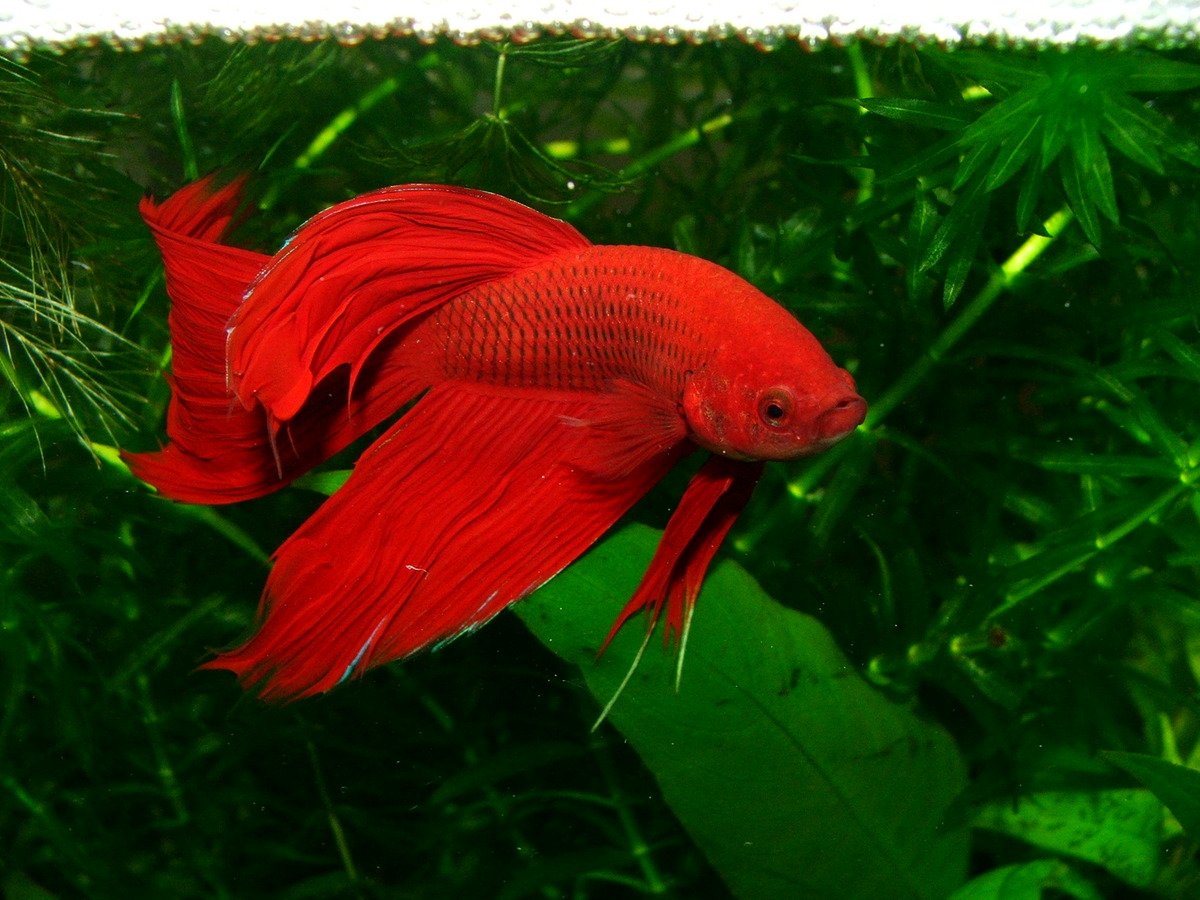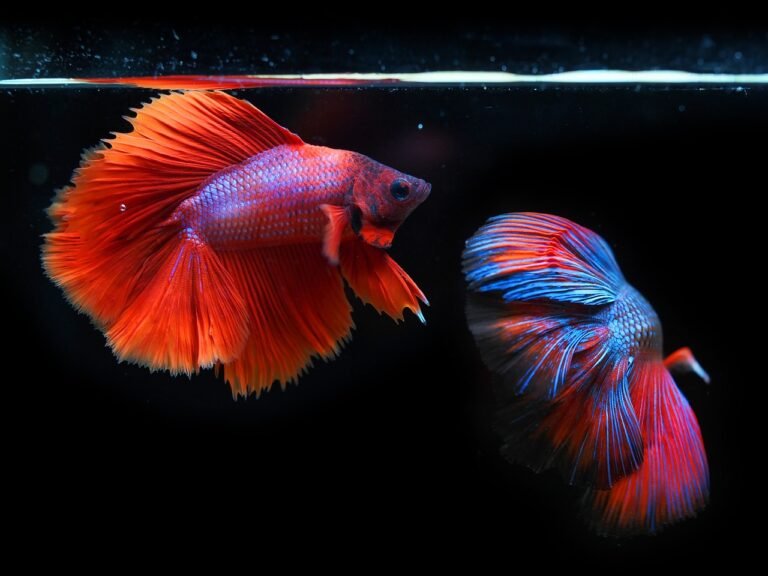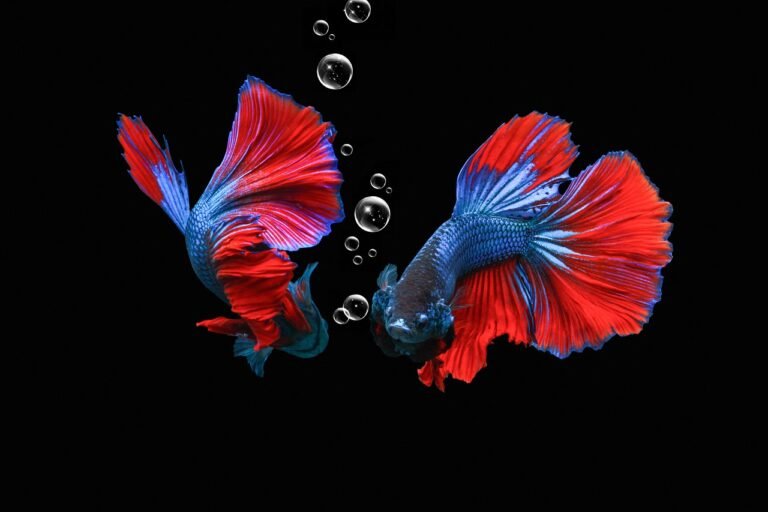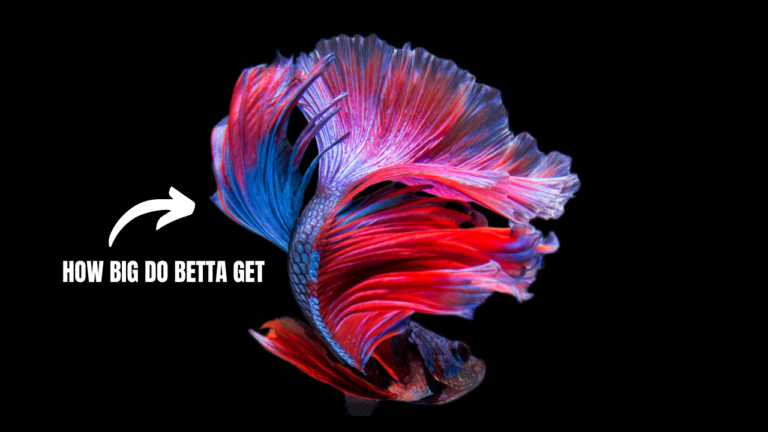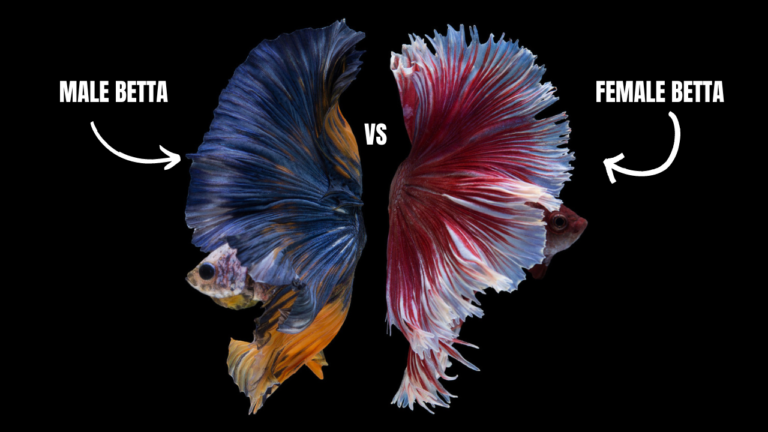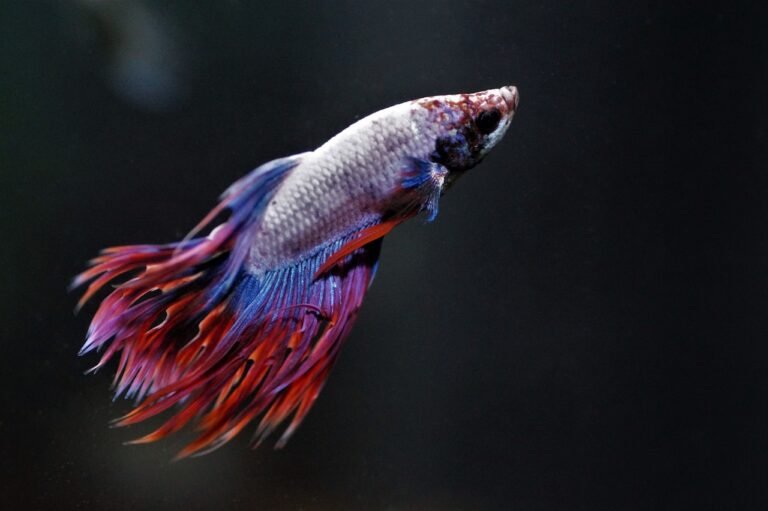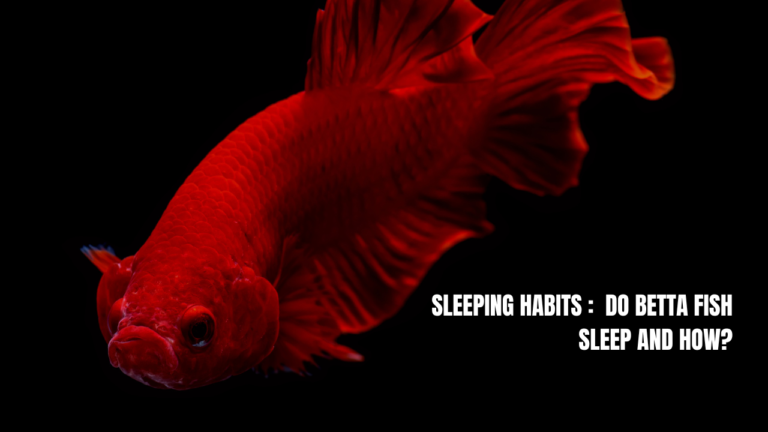As a betta fish enthusiast, you’ve likely encountered numerous myths and misconceptions surrounding these magnificent creatures. Betta fish, also known as Siamese fighting fish, has captured the hearts of aquarium hobbyists worldwide with their vibrant colors, flowing fins, and captivating personalities. However, amidst the fascination, several myths have emerged, causing confusion and potentially compromising the well-being of these beloved fish. This comprehensive guide debunks the top 5 betta fish myths, separating fact from fiction and empowering you to provide your finned friends with the best possible care.
Myth 1: Do Betta Fish Get Lonely?
One of the most persistent myths surrounding betta fish is the belief that they get lonely and require companionship. The truth is that betta fish are solitary creatures by nature and thrive best when kept alone. These territorial fish are known for their aggressive behavior towards other bettas, especially males, and introducing a companion can lead to severe stress, fighting, and even death.
However, this doesn’t mean that betta fish lack personality or interaction. They are intelligent and curious creatures who can recognize their owners and even bond with them. You can ensure they remain content and engaged without needing a tankmate by providing your betta with a stimulating environment, including plants, decorations, and frequent interaction.
Myth 2: Do Betta Fish Like Light?
Another common misconception is that betta fish prefer dimly lit or dark environments. While it’s true that bettas are native to rice paddies and slow-moving streams in Southeast Asia, which can be shaded by vegetation, they do require some form of lighting to thrive.
Bettas are diurnal creatures, meaning they are active during the day and rest at night. Providing them with a consistent day/night cycle through appropriate lighting is crucial for their well-being. Aim for a moderate lighting schedule, typically 10-12 hours per day, to mimic their natural environment and encourage natural behaviors like feeding, betta sleeping habbits and exploration.
Myth 3: Do Betta Fish Need a Heater?
One of the most widely debated myths is whether or not betta fish require a heated aquarium. While bettas are often marketed as low-maintenance fish that can survive in unheated bowls or tanks, the truth is that they thrive best in warm, tropical waters.
Bettas are tropical fish native to the warm waters of Southeast Asia. Their optimal water temperature range is between 76°F and 82°F (24°C to 28°C). Failure to maintain a consistent, warm temperature can lead to a weakened immune system, reduced appetite, lethargy, and even disease.
To ensure your betta’s health and longevity, invest in a reliable aquarium heater and thermometer to monitor and maintain the appropriate water temperature consistently.
Myth 4: Do Betta Fish Need a Filter?
Another common myth is that betta fish don’t require a filter in their aquarium. While it’s true that bettas can survive in small, unfiltered bowls for short periods, this is far from an ideal living condition and can lead to a multitude of health issues.
Filters serve several crucial functions in an aquarium, including:
Water Circulation: Filters create water movement, which helps oxygenate the water and prevent stagnation.
Waste Removal: Filters remove harmful waste products, such as ammonia and nitrites, which can build up quickly in an unfiltered environment.
Biological Filtration: Filters provide a surface for beneficial bacteria to colonize, aiding in the breakdown of toxic waste products through the nitrogen cycle.
By incorporating a suitable filter into your betta’s aquarium, you’ll improve water quality and create a healthier, more stable environment for your fish to thrive.
Myth 5: Will a Betta Fish Kill a Goldfish?
One of the most concerning myths revolves around the compatibility of betta fish and goldfish as tankmates. Many believe bettas will inevitably kill goldfish due to their aggressive nature, but the truth is more nuanced.
While bettas are indeed territorial and may display aggression towards other fish, particularly those with flowing fins or bright colors, the likelihood of a betta fish killing a goldfish depends on several factors, including:
Tank Size: Goldfish and bettas have vastly different space requirements. Goldfish require a minimum of 20 gallons for a single fish, while bettas can thrive in smaller tanks or bowls (though more significant is always better).
Water Parameters: Goldfish and bettas have different preferences for water parameters. Goldfish prefer cooler, well-oxygenated water, while bettas thrive in warm, tropical conditions.
Temperament: Individual fish temperaments can vary; some bettas may be more aggressive than others.
In general, it’s not recommended to house bettas and goldfish together due to their differing care requirements and potential conflict. However, with proper precautions, such as ample tank space, compatible water parameters, and careful monitoring, it may be possible sometimes, but it’s always a risk.
Can Betta Fish Live with Goldfish?
While it’s generally not recommended to house bettas and goldfish together due to their different care requirements and the potential for conflict, there are some exceptions and precautions to consider.
If you attempt to keep bettas and goldfish together, providing an appropriately large aquarium—ideally at least 30 gallons or more—is crucial. This will give both species enough space to establish their territories and reduce the likelihood of aggression.
Additionally, you’ll need to find a compromise between the water temperature preferences of both species. Bettas prefer warm, tropical waters (76°F to 82°F), while goldfish thrive in cooler temperatures (68°F to 72°F). Aim for a temperature around 74°F to 76°F, which may be tolerable for both species, but monitor their behavior closely.
It’s also essential to provide ample hiding spots, plants, and decorations to break up line-of-sight and create separate territories. This can help reduce stress and potential conflicts.
Ultimately, while keeping bettas and goldfish together with proper precautions is possible, it’s generally not recommended due to the inherent risks and challenges involved. If you attempt this combination, be prepared to separate the fish if any aggression or stress is observed.
Debunking Betta Fish Myths: Separating Fact from Fiction
Throughout this guide, we’ve explored and debunked some of the most prevalent betta fish myths, separating fact from fiction. By understanding these fascinating creatures’ true nature and requirements, you can provide them with the best possible care and ensure their well-being.
Bettas are solitary fish that thrive in warm, tropical environments with appropriate lighting, filtration, and heating. They don’t require companionship and can become stressed or aggressive when housed with other fish, especially those with flowing fins or bright colors.
Proper Care for Betta Fish
To ensure your betta fish lives a long, healthy, and happy life, follow these essential care guidelines:
Tank Size: While bettas can survive in small bowls or tanks, it’s recommended that they be provided with at least a 5-gallon tank or more prominent. More space allows for better water quality and enrichment opportunities.
Water Quality: Maintain excellent water quality by performing regular partial water changes (25-50% weekly), using a suitable filter, and monitoring ammonia, nitrite, and nitrate levels.
Temperature: Invest in a reliable aquarium heater and thermometer to maintain a consistent water temperature between 76°F and 82°F (24°C to 28°C).
Lighting: Provide a moderate lighting schedule of 10-12 hours per day, mimicking the natural day/night cycle.
Enrichment: Offer a variety of plants, decorations, and hiding spots to create a stimulating environment and reduce stress.
Diet: Feed a high-quality, varied diet consisting of betta pellets, frozen or live foods (such as brine shrimp or bloodworms), and occasional treats like blanched vegetables.
Observation: Closely monitor your betta’s behavior, appearance, and appetite for signs of illness or stress, and take prompt action if necessary.
By following these guidelines and debunking the myths surrounding betta fish care, you’ll be well on your way to providing your friend with a happy, healthy, and enriching life.
Conclusion
In this comprehensive guide, we’ve explored and debunked the top 5 betta fish myths, empowering you with the knowledge to separate fact from fiction. From understanding their solitary nature and lighting preferences to recognizing their heating and filtration needs, you now have the tools to provide your betta fish with the best possible care.
Remember, bettas are fascinating creatures with unique personalities and requirements. By following proper care guidelines and avoiding the pitfalls of common myths, you can ensure your betta thrives and brings you years of enjoyment and companionship.
If you’re ready to dive into betta fish ownership or want to enhance your existing setup, consider browsing our extensive selection of high-quality betta fish supplies, including tanks, filters, heaters, decorations, and more. Our knowledgeable staff is always available to answer questions and guide you through creating the perfect environment for your friend. Visit our website or stop by our local store today to embark on an exciting journey of responsible and rewarding betta fish keeping.

